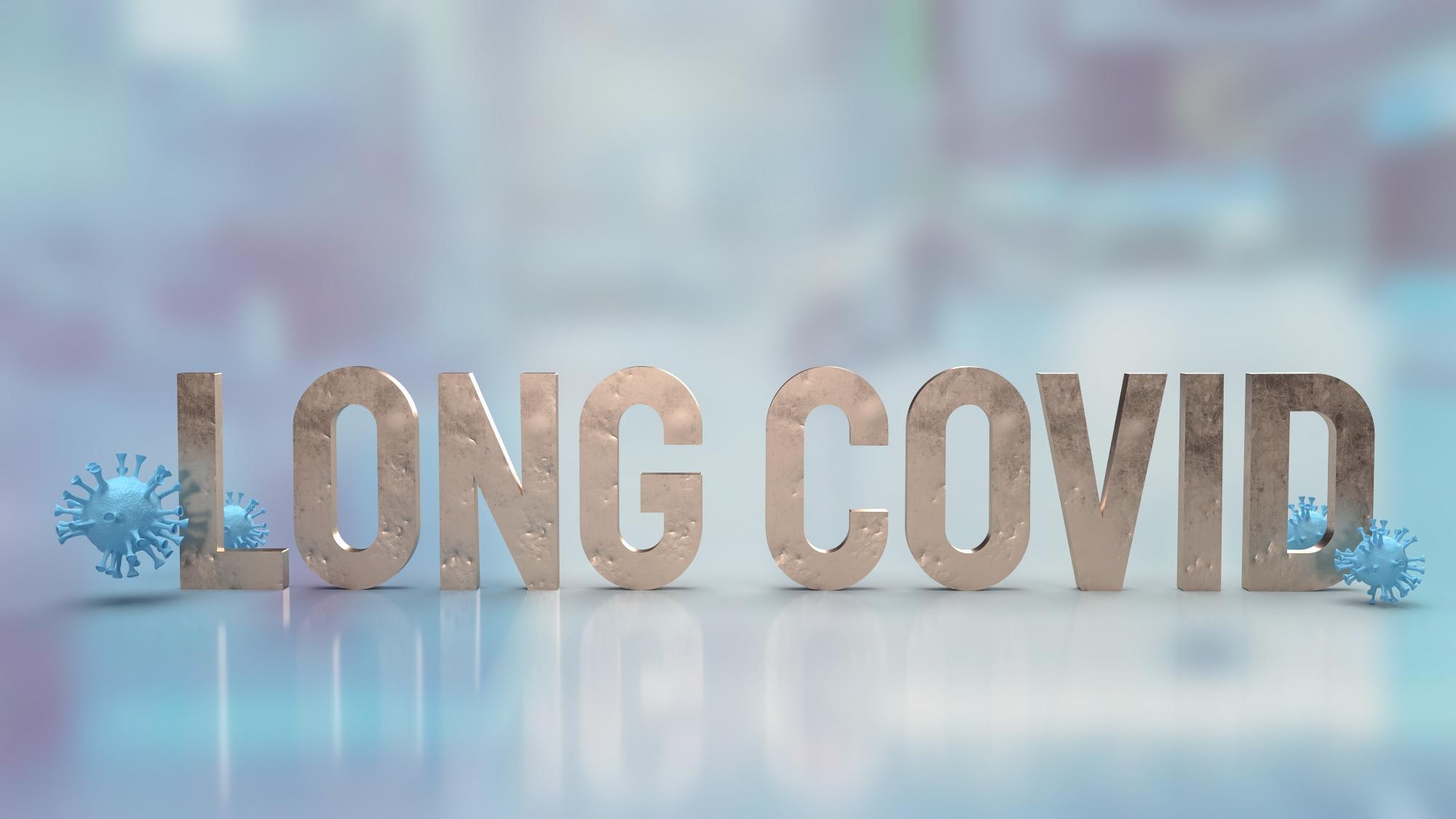In a recent study published on the medRxiv* preprint server, researchers investigate the presence and impact of health behaviors like smoking, and poor sleep in individuals who contracted coronavirus disease 2019 (COVID-19).
Study: Health behaviours the month prior to COVID-19 infection and the development of self-reported long COVID and specific long COVID symptoms: A longitudinal analysis of 1,811 UK adults. Image Credit: Niphon Subsri / Shutterstock.com
Background
Globally, long COVID, which is defined as the persistence of COVID-19 symptoms for greater than 12 weeks post-onset, has emerged as a major public health issue. In the United Kingdom, one of five individuals infected with the severe acute respiratory syndrome coronavirus 2 (SARS-CoV-2 self-reports long-COVID, of which 67% suffer from weakness, fatigue, cognitive difficulties, and difficulty breathing.
Previous studies have identified obesity, asthma, and psychological distress as health conditions that increase an individual’s risk of developing long COVID. Likewise, smoking, poor sleep, and excessive alcohol consumption increase the risk of persistent COVID-19 symptoms without impeding vaccine response. However, these cross-sectional analyses have not covered other modifiable health factors, such as physical exercise, that may also lead to long COVID.
About the study
In the present longitudinal study, researchers recruited 1,811 U.K. adults who participated in the COVID-19 social study in 2020 and analyzed their health behaviors in the month before they contracted SARS-CoV-2 infection.
The researchers collected data related to six health behavior variables using a study-developed questionnaire. In particular, they examined each subject’s weekly exercise frequency, sleep quality, smoking habits, days of fresh air per week, number of alcoholic drinks per week, and mental health care behavior.
They retrieved data from two weeks preceding COVID-19 and, if unavailable, used data from three, four, or up to six weeks.
For assessing an individual’s physical exercise, the researchers considered no physical exercise as compared to more than 30 minutes of exercise to two hours compared with three hours or more. Likewise, sleep quality was categorized as very good/good, average, or very poor.
Data from smokers and non-smokers were also collected. Additionally, a binary variable indicated 14 or more alcoholic drinks as compared to less than 14 drinks based on current recommendations on alcohol intake per week in the U.K. Finally, the number of mental health care behaviors for the study analysis, such as those taking medications, was also studied.
The team carried out two sets of analyses. First, binary logistic regression models were used to determine the association between health behaviors in the month before infection and the development of long COVID. Next, associations between health behaviors with three long COVID symptoms of cognition-related difficulties, mobility, and self-care issues were assessed. Analysis results were presented as odds ratios (OR), with corresponding 95% confidence intervals (CI).
Study findings
The present study is the first to examine pre-infection sleep quality with long COVID development. To this end, poor sleep in the month preceding SARS-CoV-2 infection resulted in a 2.4- to 3.5-fold increase in the risk of developing long COVID. The OR for average sleep was 2.44 and not good/poor sleep was 3.53. Other health behaviors did not have any effect on long COVID status.
According to the authors, lack of sleep compromises innate and adaptive immune function and reduces vaccine effectiveness, thereby making individuals more vulnerable to infectious diseases, including COVID-19. Poor sleep could also indicate psychological stress that accentuates the risk of developing long COVID. Nevertheless, lack of sleep or poor sleep makes an individual prone to being infected with SARS-CoV-2.
Another interesting finding of the study was that the relationship between physical activity and long COVID symptoms appears to be complex. Although exercise was found to improve symptoms of long COVID, physical activity might also trigger long COVID symptoms in some individuals. Nevertheless, weekly physical activity of at least three hours a week reduced the odds of self-care difficulties.
Little evidence of an association between health behaviors and mobility or cognition difficulties was observed, though smoking increased the risk of developing such complications by more than eight-fold. Accordingly, the findings showed an association of long COVID symptoms with smoking, particularly for vulnerable groups, like people with mental health conditions and those working in lower-skilled occupations.
Conclusions
It is difficult to determine which individuals are at risk of developing long COVID, although symptom severity occasionally showed inconsistent associations with long COVID development.
At present, an estimated 1.7 million people are experiencing long COVID symptoms in the U.K. Therefore, the authors recommend creating awareness on maintaining physical activity, good sleep, and quitting smoking to help reduce the future risk of developing long COVID.
*Important notice
medRxiv publishes preliminary scientific reports that are not peer-reviewed and, therefore, should not be regarded as conclusive, guide clinical practice/health-related behavior, or treated as established information.
from WordPress https://ift.tt/QAiCzH0
via IFTTT


0 Comments